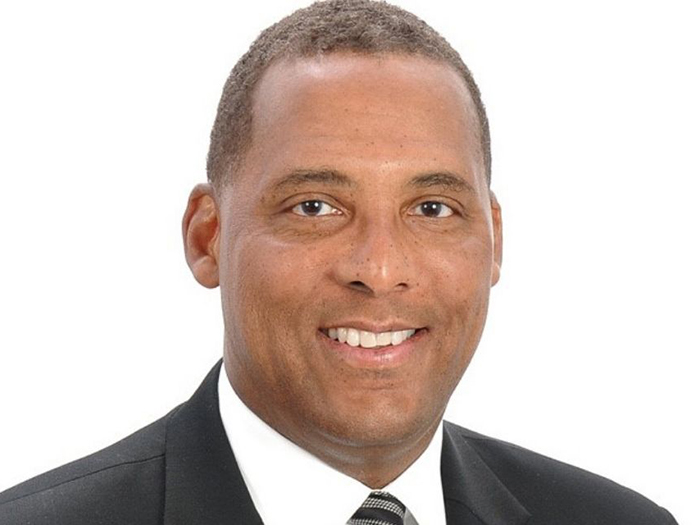Reputational Risk
Framing Reputation for Risk Managers

News headlines today come peppered with organizations and what they have done wrong. Cyber security breaches. Product recalls. Corruption and scandal.
Reputations and brands — and in case of public companies, market caps — may be wrecked in a wave of Tweets.
In this context, the risk management community has turned its attention to reputational risk like never before.
For the first time in its 11-year history, the Risk and Insurance Management Society (RIMS)/Marsh Excellence in Risk Management Survey revealed that both risk professionals and other executives put reputational risk in their top-10 exposures list.
Another RIMS report advocates the use of a strategic risk management framework to tackle reputational risk.
The key benefit of such a framework is that it can allow organizations to leverage their reputation to both protect and create value, said report author Andrew Bent, a senior risk adviser with Suncor Energy Inc. and a member of RIMS Strategic Risk Management Development Council.
Take the example of a company whose competitor suffers a product recall. That recall could tarnish the entire industry, unless a company uses the opportunity to proclaim and demonstrate its better controls and strengthen its reputation as a trustworthy industry member.
Such a tactic also places risk managers in the center of reputational risk efforts.
“As risk managers, we often use a framework for managing our risks … but we also need to take into account a range of other topics such as governance, regulation, [and] public and investor relations as we’re managing the risk,” Bent said.
“We may not have the expertise or insight to fully understand these risks … so we need to make sure that we bring the right people to the table for those conversations,” he said.
The greatest cause of reputation risk, said Robert F. Hurley, professor and director of the Consortium for Trustworthy Organizations at Fordham University, is the “drift” of individuals, then whole organizations, toward the darker side of human nature in their everyday rules and practices.
“The real reputational risks are cases of deviance that have been rationalized and normalized,” he said.
“Seeing these and taking action requires leaders who can step out onto the balcony and see and feel what others do not see because they are trapped in their thinking.”











